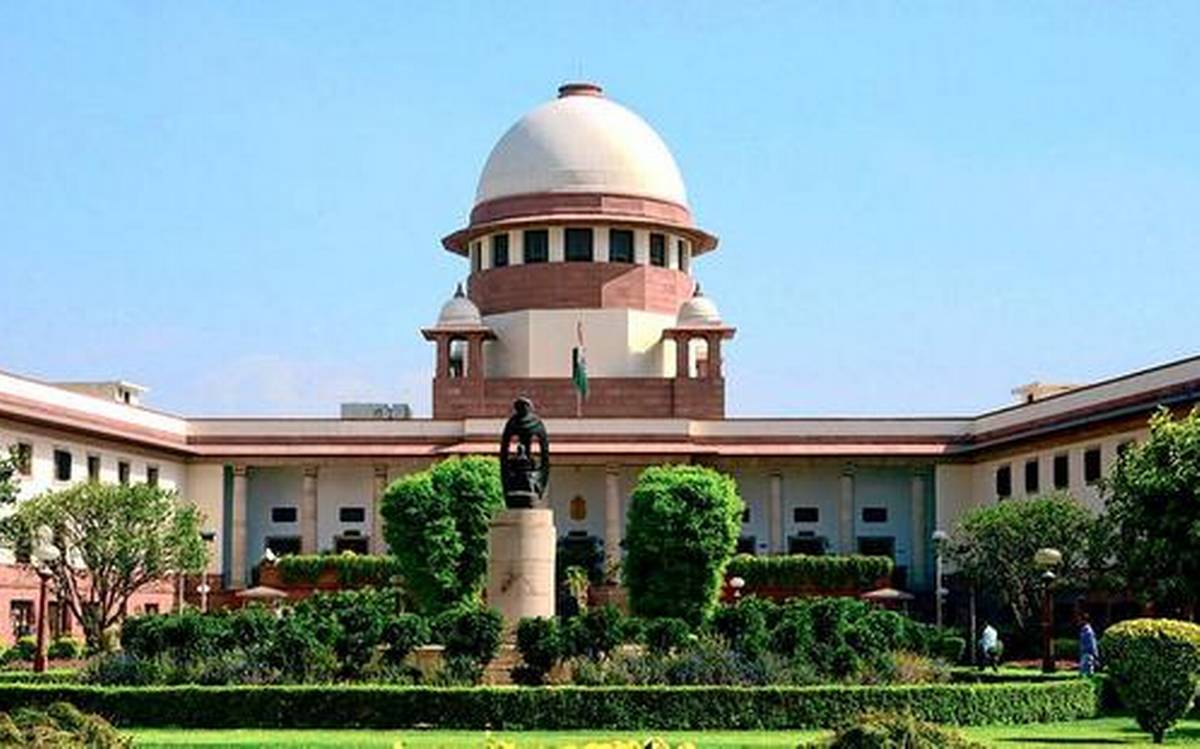SC agrees to hear plea challenging competence of state assemblies to adopt resolution against central statutes like CAA
A Bench headed by Chief Justice of India SA Bobde asked advocate appearing for petitioner Samta Andolan Samiti (SAS) to do more research.

New Delhi: The Supreme Court on Friday posted after four weeks for hearing a plea challenging the legislative competence of diverse State Assemblies in adopting 'Resolutions' against central statutes like CAA and farm laws which fall under the Union List of the Seventh Schedule.
A Bench headed by Chief Justice of India SA Bobde asked advocate appearing for petitioner Samta Andolan Samiti (SAS) to do more research.
"Do some research on the other aspects, we will see, we don't want to create more problems," the top court bench said.
Also Read |
Supreme Court To Hear Pleas Challenging Validity Of CAA On 6 December
The Public Interest Litigation (PIL) filed by SAS has raises a question of law as to whether within the Constitutional framework, more particularly Article 213(2)(a) and Article 246(1), any State Legislature can adopt 'Resolution' adversely criticising a central Statute which falls in List I of the Seventh Schedule.
The plea impugning the legislative actions of four different State Legislative Assemblies of Rajasthan, Kerala, Punjab and West Bengal which according to the petitioner, have infringed Fundamental Rights of all Indian citizens.
The State Legislatures of Rajasthan, Kerala, Punjab and West Bengal purportedly adopted resolutions condemning and adversely criticising the Citizenship (Amendment) Act, 2019 even after it was passed by both the Houses of the Parliament and received Presidential assent being duly notified in the Gazette of India, stated the petition.
Also Read |
CAA protests: Endeavour must be to bring peace, says SC
"The Legislative Assembly of West Bengal adopted a Resolution against three Central Legislations (farm laws).
Rules of Procedure of the these Legislative Assemblies framed under Article 208 contain chapters titled 'Resolutions' and the same, apart from imposing a precondition upon the Speakers to decide the admissibility of the Resolution before allowing the same to be placed in the Assembly, also prohibit subjects which are not primarily the concern of the state government and on which litigations are pending," the plea added. (ANI)
 Dynamite News
Dynamite News 